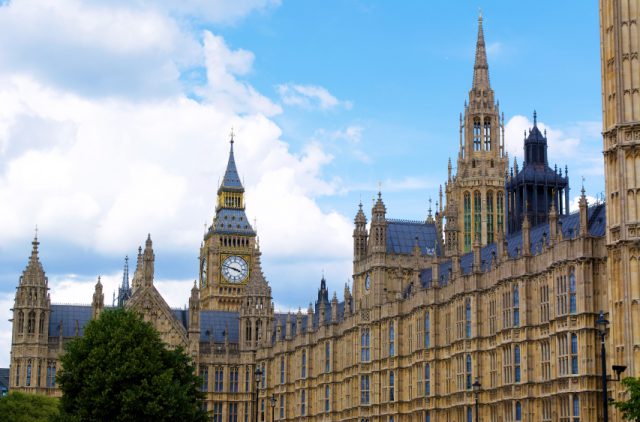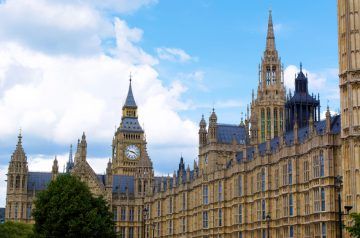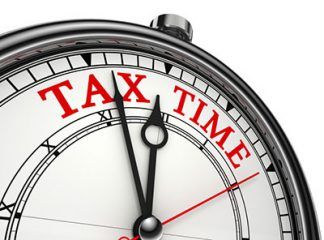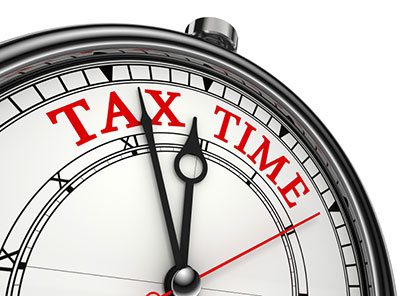What Will the Autumn Statement Mean for the Housing Market?
Next week, on Wednesday 23rd November, the new Chancellor, Philip Hammond, will deliver his first Autumn Statement.
London estate agent Portico has looked at what to expect from the Autumn Statement in terms of the housing market, tax and infrastructure.
Tackling the housing crisis
Hammond has decided to take a different financial approach to his predecessor, George Osborne, by abandoning his pledge to balance the books by the end of this Parliament. This will enable Hammond to borrow more money, and therefore potentially boost the building of new homes, ensuring that, over time, property becomes more affordable and the housing crisis is eased.

What Will the Autumn Statement Mean for the Housing Market?
A Mortgage & Insurance Adviser at Capricorn Financial, Alanzo Seville, believes: “If the Chancellor focuses on the supply of new build houses (based on average affordability calculations, for example), in conjunction with empowering local authorities, housing associations and developers, he could provide first time buyers with the kind of help that is actually needed.”
Robert Nichols, the Managing Director of Portico, also says: “The problem in London is not simply the lack of supply, but the chronic lack of affordable housing. It’s vital that we start investing heavily in the capital’s infrastructure and new high speed communication links, which could allow London workers to live in more affordable areas.”
Will Stamp Duty be cut?
There have been many rumours and calls recently for the additional Stamp Duty charge to be abolished, or for the liability of Stamp Duty to be switched from the buyer to the seller.
The complexity of the 3% surcharge on additional properties is still causing confusion, so Portico is looking for clearer guidelines in the upcoming Autumn Statement for its landlords.
Nichols explains: “It’s time the new Government reviews the additional Stamp Duty taxes aimed at buy-to-let investors and the most expensive properties. Actions need to be taken in order to create some movement in the market and, currently, Stamp Duty Land Tax is slowing transactions down.”
Seville agrees that Stamp Duty is a burden on landlords, but doubts “that the tax will be removed altogether, especially in light of the recently announced Stamp Duty receipts attributed to the new regulations. Some have argued that switching the liability for Stamp Duty will aid first time buyers and provide the residential market with a kick-start in 2017. However, the chances are that such a step change will cause asking prices to increase, which will in turn exacerbate the affordability crisis, rather than solve it”.
Infrastructure spending
Spending on infrastructure is almost certain to feature in next week’s Autumn Statement. Speaking in Washington recently, Hammond stated: “Now is a good time to invest in genuinely productivity-enhancing infrastructure, and to take advantage of low borrowing costs and our ability to borrow.”
But while the Chancellor is expected to deliver a boost to infrastructure spending (as well as housing), he has made it clear that it will not be a “fiscal splurge”.
Nichols comments: “To counter Brexit uncertainties, it’s vital we make sure our infrastructure and communication links across London and the rest of the UK are 21st century. Though no new major projects or commitments are likely to be announced, Hammond may fast-track already scheduled projects, like Crossrail 2, which could in turn put momentum back into the London property market.”
He adds: “Areas experiencing infrastructure investment typically benefit from a boost in both rental yield and capital growth – even in an unstable or weak market. As we’ve seen first hand in the last couple of years and more recently with the Night Tube, big infrastructure projects have a very positive impact on property prices.”
What do you want to see in Hammond’s Autumn Statement?







